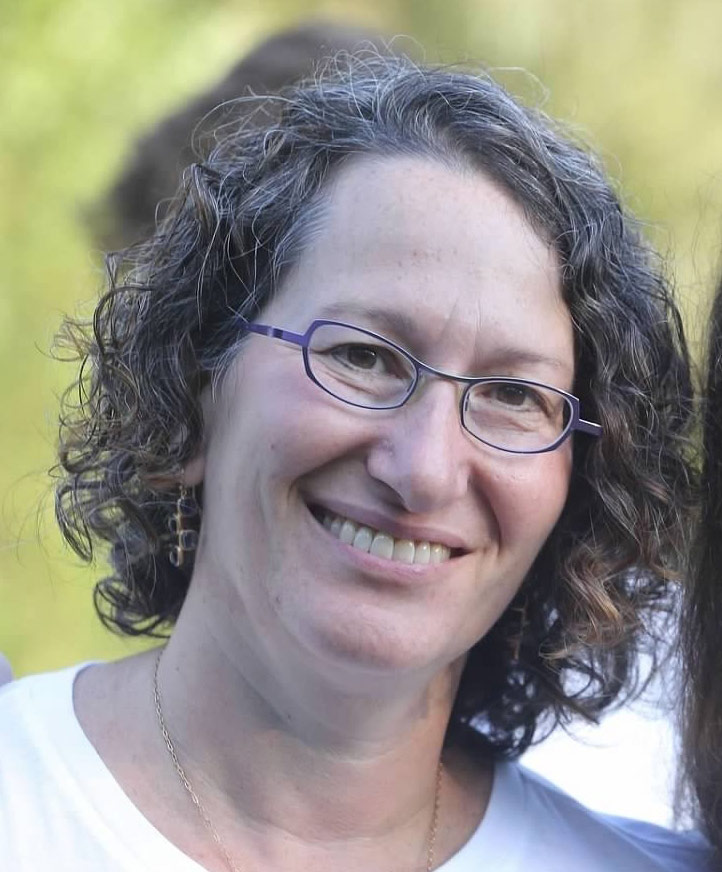
Being supportive and inclusive of people with disabilities is incredibly important. But sometimes, the best of intentions can lead to a negative outcome. It can be difficult to navigate supporting and advocating for people with disabilities without accidentally offending or alienating. So how can we be a good advocate?
In recognition of July being Disability Pride Month, which commemorates the passing of the Americans with Disabilities Act, The Daily sat down with Rachel E. Lutner, senior associate vice president in Case Western Reserve University’s Office of Equity, to learn how to get started.
How do I learn about people with disabilities?
Do not ask direct questions about a person’s disability unless they bring it up. Disability nondiscrimination laws generally prohibit asking disability-related or medical questions, except in certain circumstances. Your focus should be on the person and what they are communicating to you.
If you are seeking to learn more about the experiences of a person with a disability, make sure you have permission to talk to them about their disability, and that you obtain their consent without devaluing their identities that are separate from their disability. Start off with a question to gauge their interest without making them feel singled out, such as: “I am hoping to learn more about being an advocate for people with disabilities. Do you know anyone who might have had an experience with a disability and who would be willing to speak to me about their experience?”
How will I know what language to use when talking to someone with a disability?
When talking to a person with a disability, behave exactly how you would with anyone else. Avoiding discussions because you are worried you might offend someone may come across as offensive. People are not their disabilities, so focus on them as a person, on their skills, talents and expertise.
In regards to specific word usage, think in terms of “Disability Pride” language, such as “wheelchair user” instead of saying someone is “confined to a wheelchair,” for example. Some common words or phrases could be considered offensive to many people with disabilities. Be careful to avoid these cliches so not to condescend or offend:
- Special needs
- The disabled
- Handicapped
- Suffers from
- Victim of
Lastly, don’t assume that all people with this same disability use the same terminology. Treat everything on an individual basis and respect their preferences, just as you would respect a person’s preferred pronouns.
How can I recognize my own privilege?
It can be hard to realize just how privileged you are. Daily activities that you don’t give a second thought may be difficult for someone with a disability. So try to be aware of that as you go about your day, pay attention to what you do and think about how you might handle that with a disability. Even something as simple as stepping up a curb or reading a menu at the coffee shop. It might surprise you how much you take for granted.
What are the qualities of a good advocate?
Be empathetic and try to understand their struggles, without applying your assumptions. Try to be humble and understand that being a good advocate is not about you. You will need to put your ego and assumptions aside and understand that you don’t know what is best.
A good advocate will offer help, but understands that it’s for the benefit of the other person and not the advocate themselves. Here are some tips on how to approach it:
- Before providing assistance, always ask the person if they would like assistance and how you can help.
- Do not assume that a person with an apparent disability needs assistance.
- Offer assistance in broad terms such as ”Let me know if you need anything.”
- Do not insist on helping if the person does not want it.
- Do not take it personally if that person declines your offer.
- Don’t touch a person’s adaptive equipment (i.e., wheelchair, cane, crutches) or service animal unless specifically asked to do so.
What specifically can I DO to advocate for people with disabilities?
A couple examples of things you can do to be a good advocate are: Start a petition to implement new accommodations that might be absent or insufficient at your school, university or workplace. Educate others on best practices for accessibility to help them understand and act inclusively.
In your everyday life, make accessibility a priority. Accessibility is a vital part of ensuring people with disabilities feel welcome and fully included in the workplace and education settings. This includes not only physical accessibility, but also accessibility of information and communication technology, such as virtual meeting platforms. Adapt an “access for all” mindset to prevent unintentional exclusion of students or employees with disabilities. Physical accessibility is essential for everyone’s participation in onsite events, as is digital accessibility for online training and meetings. Be welcoming and consciously inclusive of the person with a disability. For example, when leading a meeting in-person or remotely, don’t single out anyone, simply ask the room “can everyone hear me?” or “can everyone see the slides?”
Learn more about CWRU’s Office of Equity and discover training opportunities.

